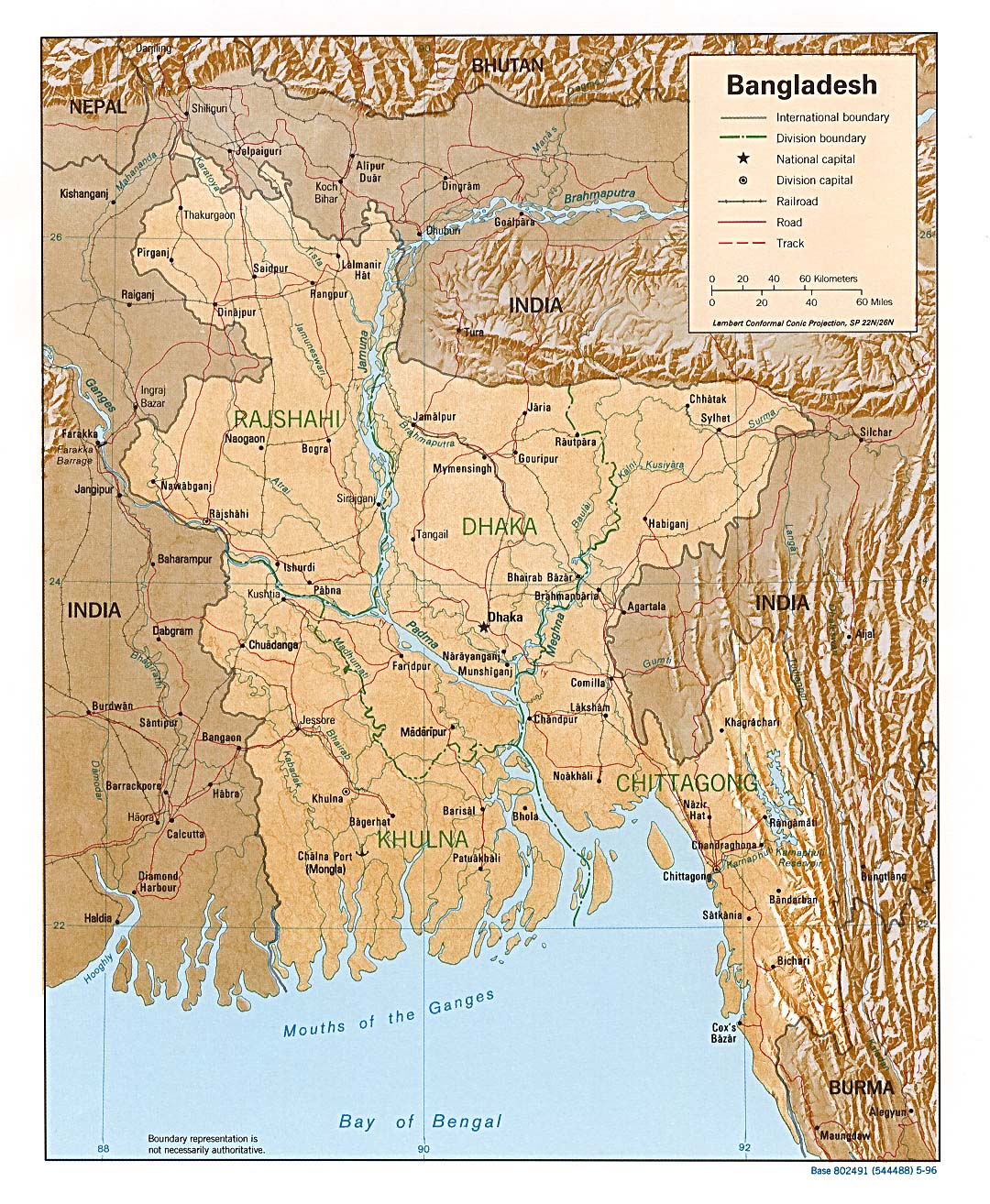
Monday, April 20, 2009
BIG ENGINEERING 31 HYDROPONIC FLOATING GARDENS
 Hydroponics is the science of growing plants either in water or in a non-reactive growing medium to which water gets access.
Hydroponics is the science of growing plants either in water or in a non-reactive growing medium to which water gets access.Floating gardens haven't exactly been common both because making land more fertile has usually been less hard work & because natural materials to make such rafts tend to become waterlogged & come apart so that, at best they are relatively labour intensive.
Nonetheless family sized rafts like the one shown are quite common in Bangladesh. Here is a video of the process & it is impressive with large plants grown in 1 month rather than 3 & without fertilisers. The most interesting historic use was by the Aztecs whose city of Tnechtotlan was built in a lake & was fed by Chinampas which are rectangular fields 2 to 4 m wide and 20 to 40 m long, surrounded on three or four sides by canals. Chinampa farmers pile up layers of vegetation and mud or dirt to raise the field surface to about 1 m above the water level. Not true floating islands but the effect is the same. It was a remarkable form of intensive agriculture that Jeffrey Parsons of the University of Michigan suggests provided one-half to two-thirds of the food consumed in Tenochtitlan, a city with a population of 150,000 to 200,000 at a time when London's population was 50,000. No wonder the Aztecs were able to support armies large enough to conquer all their enemies.
Today, hydroponics is an established branch of agronomical science. Progress has been rapid, and results obtained in various countries have proved it to be thoroughly practical and to have very definite advantages over conventional methods of horticulture. The two chief merits of the soilless cultivation of plants are, first, much higher crop yields, and secondly, the fact that hydroponics can be used in places where ordinary agriculture or gardening is impossible. Advantages include faster growth combined with relative freedom from soil diseases, and very consistent crops, the quality of produce being excellent. There is also a considerable reduction in growing area, weeds are practically non-existent, while standard methods and automatic operations mean less labor, less cost, and no hard manual work. Some plants can be raised, out of season, better control of crops naturally results in addition to no dirt and no smells.
It should be possible to mass produce large size artificial "islands" of plastic or some other non-reactive light material to grow crops at a rate far greater than currently possible. Sites that come to mind are lakes & behind dams, where water flow is not disruptive, in equatorial areas. 2 particular sites appeal. Behind the Aswan Dam in Egypt &
 Bangladesh where there is a large water surface both on the Brahmaputra river & on river mouths which could be dammed off from the sea, at least at high tide.
Bangladesh where there is a large water surface both on the Brahmaputra river & on river mouths which could be dammed off from the sea, at least at high tide. If that were done Bangladesh would be able to become a food exporting country & if that doesn't give hope for all mankind I don't know what would.
Comments:
<< Home
This could become part of your seasteading proposal. Plants could be chosen that can grow in saline environments, meaning that algae would not bee needed for food.
China might be interested in suh a proposal since it would allow them to claim part of the ocean and allow them to export/expel part of their peasant underclass.
But would such a future be possible with the ratification of LOST?
China might be interested in suh a proposal since it would allow them to claim part of the ocean and allow them to export/expel part of their peasant underclass.
But would such a future be possible with the ratification of LOST?
You are right GM could be used to modity plants to be salt tolerant.
If China were expanding from their coast they could go 200 miles before the LOST became an issue which is a lot of people. We may find China, like Japan but a couple of generations later, has a sharply declining population. On the other hand if I were in Australia now the Chinese being able to build places to export people would be a relief.
If China were expanding from their coast they could go 200 miles before the LOST became an issue which is a lot of people. We may find China, like Japan but a couple of generations later, has a sharply declining population. On the other hand if I were in Australia now the Chinese being able to build places to export people would be a relief.
I think there are already plants that are salt tolerant, or could be bred for such. So no GM would be needed.
I really appreciate your efforts to write articles that are informative in nature and undertake different issues and happenings in our society. These posts keep me updated with these matters that make me aware on the current situations in our society. Thanks for your dedication on providing relevant articles. I acknowledgment your great work!
Post a Comment
<< Home

